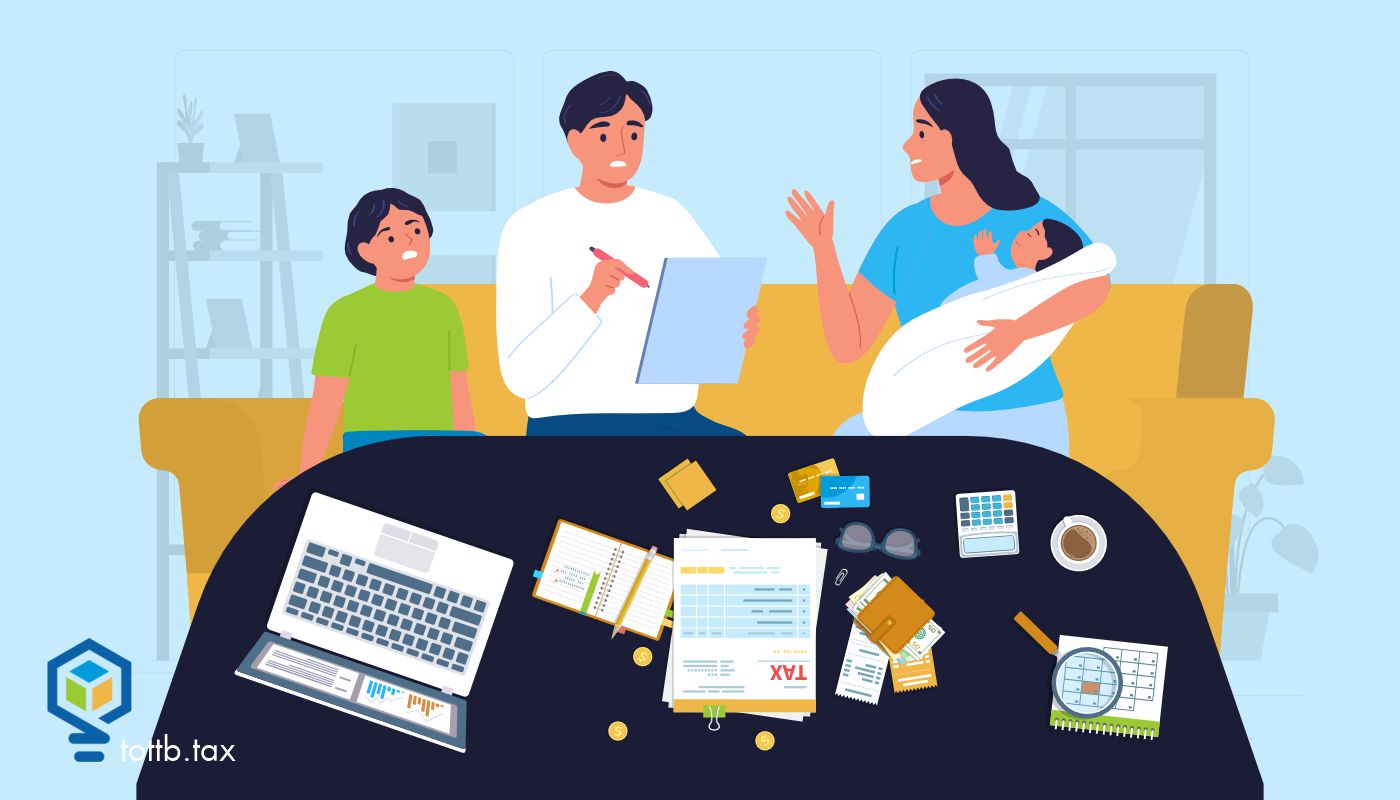
To Lease or to Buy: What is the Best Option with Business Vehicles?
Buying a vehicle is a way to potentially receive a large tax deduction, but is it always the best thing to do? What about buying versus leasing? The tax code treats vehicles differently from other types of assets and business expenses, so it helps to make sure you’re informed when thinking about using your vehicle to reduce your tax liability.
Background
A vehicle purchase by a business is treated as the purchase of an asset. This means you can deduct part of the expense each year in the form of depreciation deductions. Vehicles also might qualify for accelerated depreciation methods. In this current era of the Tax Cuts and Jobs Act (TCJA) and 100% bonus depreciation, that means a 100% deduction when you buy a vehicle … right? Not so fast.
Section 280F of the Tax Code places restrictions on depreciation deductions for vehicles. The terminology used in this section of the Code is “luxury vehicle” (in fact the title of §280F is “Limitation on depreciation for luxury automobiles”), but this is a misleading term.
When we think of “luxury vehicle” we likely think of a high-end vehicle. But the reality is, the tax law defines such a vehicle as any 4-wheeled vehicle with an unloaded gross vehicle weight of 6,000 pounds or less. I bet you didn’t think your 5 year old minivan with high mileage falls into the “luxury vehicle category,” but it can! This means you may be limited in how much you can write off against your taxable income.
Can leasing a vehicle work as a way to get around the §280F limitations? The IRS has thought about that too. But keep reading – we’ll give you some loopholes that work around the luxury auto limitation and help you decide if leasing or buying your next vehicle will help you pay less in tax.














